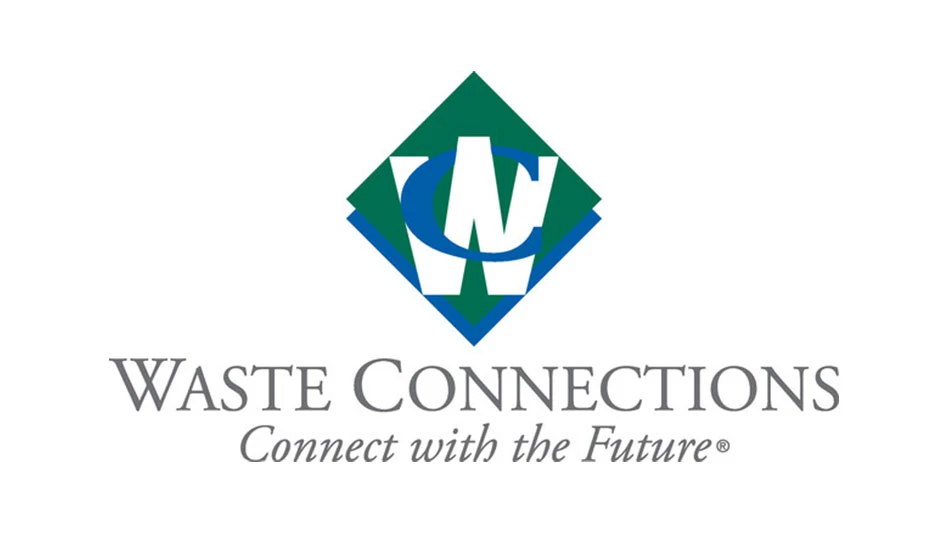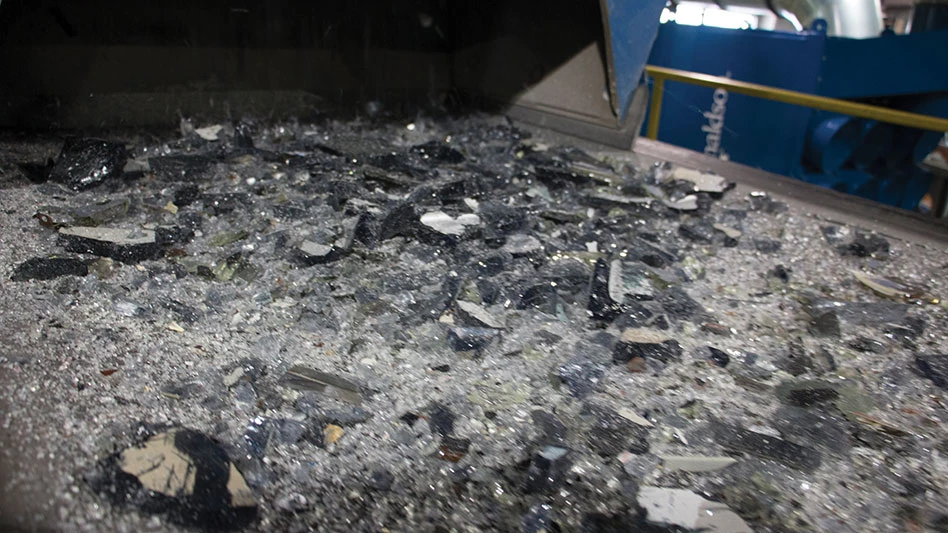
Oregon expects to achieve between an 80 to 90 percent redemption rate for its bottle bill program, according to reports from the Oregon Beverage Recycling Cooperative. The figures aren’t complete yet, but Cherilyn Bertges, BottleDrop Give program manager at the Oregon Beverage Recycling Cooperative, says the cooperative has a pretty good idea of the redemption rate.
“We won’t have an official rate until August, but because we represent the majority of distributors in the state, we can get a good snapshot of the redemption rate,” she says. “It’s definitely going to be an increase.”
According to the Oregon Beverage Recycling Cooperative, the state achieved a redemption rate of 73 percent in 2017. Bertges says one of the factors that might have helped to increase the redemption rate in 2018 was the deposit to consumers increased from five cents to 10 cents in April 2017.
“The value didn’t go up until April 2017, so 2018 was the first full year that we’re seeing the effect of the 10 cents,” Bertges says. “Even though it’s only a 5 cent increase, that’s doubling the amount people get back. That’s motivating to people.”
The cooperative also added a program for nonprofit participation in 2016, which Bertges says has grown in the last year. Since 2016, she says almost 1,300 nonprofits have participated in the program, collectively raising more than $1 million.
The Oregon Beverage Recycling Cooperative added more bottle drop redemption centers in 2018 to make the program more convenient for people. Currently, the Oregon Beverage Recycling Cooperative has 25 centers across the state and 18 bottle drop redemption express centers at grocery stores across the state.
Oregon also expanded its list of what bottles or containers could be collected through the program on Jan. 1, 2018.
Although last year was tough for many recyclers as a result of China adding restrictions and bans on the import of many scrap commodities, Bertges says materials collected through Oregon’s bottle bill program were not impacted.
“This program’s been a bright spot in recycling in Oregon, especially since things have changed with National Sword,” she adds. “Because we have a clean stream and are a partial owner in ORPET LLC, we’re able to recycle all our materials [domestically]. Most of it is recycled in the Northwest, and most of our aluminum goes to smelters in the Midwest we contract with.”
Bertges says the Oregon Beverage Recycling Cooperative is hoping to add some more express locations in 2019. The cooperative is also looking for ways to decrease fraud in the program this year.
“One challenge we are facing is out-of-state return fraud,” she notes. “People will bring containers to Oregon that were purchased in other states and had no deposits paid on them. When those containers are returned in Oregon for a deposit that was never paid, it is a burden to the system. We are actively seeking ways to decrease container fraud.”
Get curated news on YOUR industry.
Enter your email to receive our newsletters.
Latest from Recycling Today
- Scrap not included in US steel, aluminum tariffs
- Lexington, Kentucky, partners with Trex to recycle plastic film
- New York county expands paint recycling program
- Aimplas develops demonstrator for plastic product digital passport
- Blue Whale Materials to partner with Call2Recycle
- Ferrous supply, demand woes signaled worldwide
- Good Plastic collaborates with Gensler on recycled-content panels
- MagREEsource says it’s poised for growth in 2025






